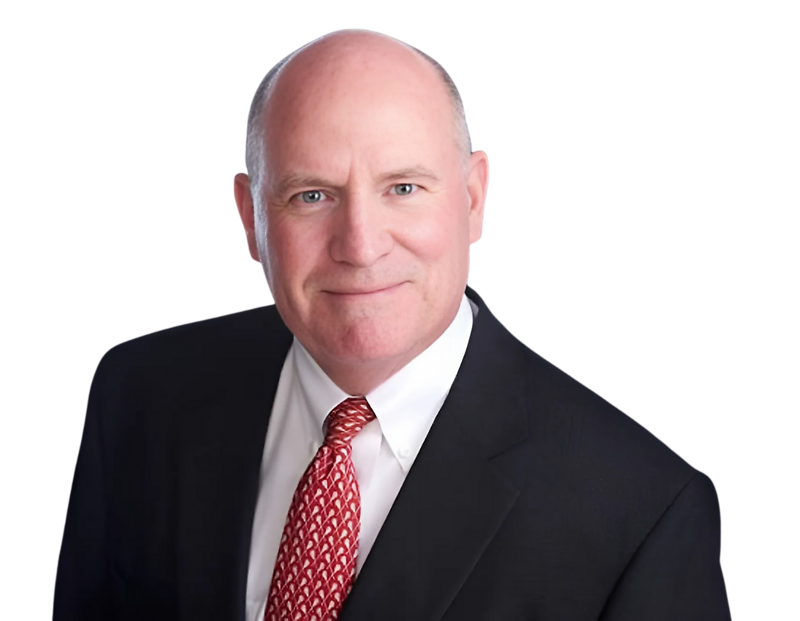This is a first. I don't think I've ever agreed with Antonin Scalia and Ruth Bader Ginsburg at the same time. What's the world coming to?
In a nutshell, the Supreme Court decision in EEOC v. Abercrombie means this: if an employment decision is motivated by religion - even if the employer does not actually know the religious need of the individual - then the employer may be liable for religious discrimination or failure to accommodate.
Some commentators seem to think this is a disaster for employers, but I don't.
As Justice Scalia pointed out, most of the time, the employer's lack of knowledge will also be sufficient proof of lack of motivation.
Let's say I go in for an interview for a job with a 24/7 operation (including Sunday work), and I'm wearing a scapular under my heavy wool sweater. Religion is never discussed. I am rejected for hire. I file an EEOC charge claiming I was discriminated against for being a Christian, and the employer says, "Huh? What's she talking about? We never discussed religion, and I never had any idea that religion was an issue." I'm like, "Yeah, but I had my scapular on." The EEOC investigator asks, "Was it showing?" I reply, "Of course not! It was under my heavy wool sweater."
Dismissal and notice of rights is mailed out that day.
But how about this? Sam goes in for a job interview for the same employer (24/7 schedule also includes Friday nights and Saturdays), wearing a yarmulke. The interviewer is too smart to say, "Wow. You must be Jewish. Will you need to be off for the Sabbath?" Instead, he thinks, "Hmm. A yarmulke. He must be Jewish, and observant at that. He's probably going to want to be off on Friday nights and Saturdays, our busiest times. But if I say anything, he'll accuse us of discrimination. Who needs that hassle? I'll just keep my mouth shut and find an excuse to reject him."
This is the situation that the Abercrombie decision addresses. The interviewer in our example rejected Sam because he suspected that Sam was a devout Jew and didn't want to deal with the possibility that he might need to be off for the Sabbath. In other words, even though he didn't know Sam's religion, he was motivated by the desire to avoid having to make a religious accommodation.
Thanks to JDSupra, which allowed me to opine on the Abercrombie decision on their website earlier this week.
After Abercrombie, an employer can still win if it doesn't know anything about the individual's religious needs, but maybe not if it's willfully ignorant.
If an employer believes that an otherwise-qualified candidate might be disqualified because of an apparent religious need, then the employer should ask some questions.
NOT THIS: "Geez, you look Jewish. Are you? Are you really serious about it?"
THIS: "We are open seven days a week, and we are specifically looking for someone who can work weekends because we are so short-handed then. Can you work Wednesdays through Sundays as your regular schedule?" (Heck, you might want to ask this of all your applicants.)
If the answer is no, then you don't have to hire unless you can accommodate the candidate without suffering an undue hardship. If the answer is yes, you're all set with your new hire. :-)
See my previous commentary on the Abercrombie case here, here, and here.
- Of Counsel & Chief Legal Editor
Robin also conducts internal investigations and delivers training for HR professionals, managers, and employees on topics such as harassment prevention, disability accommodation, and leave management.
Robin is editor in chief ...
This is Constangy’s flagship law blog, founded in 2010 by Robin Shea, who is chief legal editor and a regular contributor. This nationally recognized blog also features posts from other Constangy attorneys in the areas of immigration, labor relations, and sports law, keeping HR professionals and employers informed about the latest legal trends.




































